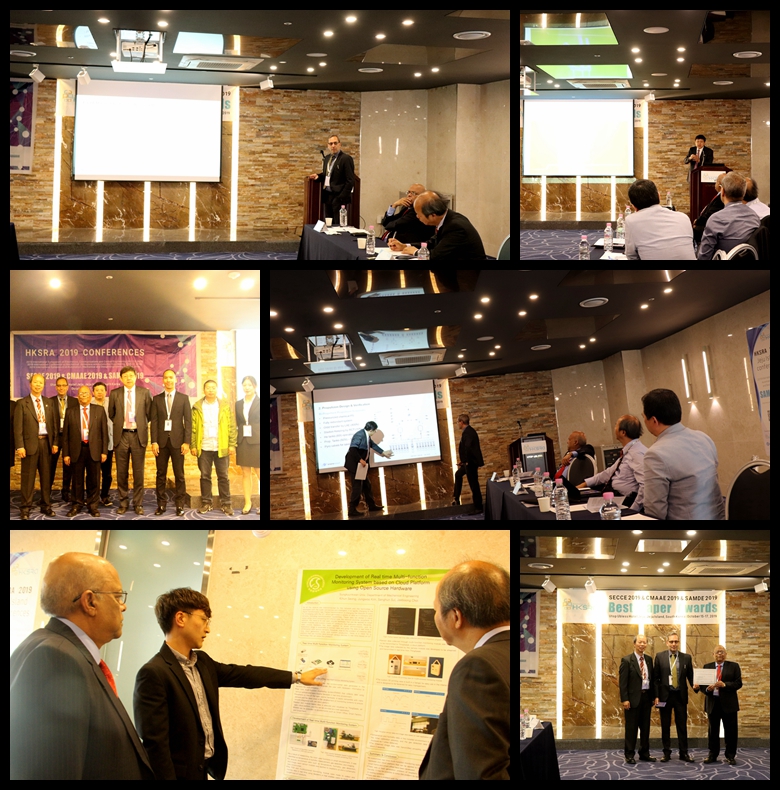Introduction
Oil refining is no longer just about turning crude into fuel. The industry is evolving, embracing technology, sustainability, and efficiency like never before. Orlen, one of Europe’s leading energy companies, is at the forefront of this transformation. With cutting-edge investments in digitalization, hydrogen, and biofuels, Orlen is redefining what a modern refinery looks like. Let’s explore how this company is shaping the future of refining.
Orlen’s Position in the Global Refining Industry
Orlen operates some of the most advanced refineries in Central Europe. The Płock facility, processing 16.3 million tons of crude oil annually, remains a cornerstone of Poland’s energy sector. In 2022, the company expanded refining capacity to 36 million tons, ensuring a stable fuel supply across multiple countries. By 2030, Orlen aims to slash emissions by 30%, pushing its operations toward sustainability.
Key Innovations in Orlen’s Refining Technology
Digitalization and AI in Refining Processes
Artificial intelligence is revolutionizing refining. Orlen employs AI-driven predictive maintenance, reducing equipment failures by 40%. Advanced analytics optimize refining efficiency, improving fuel yield by 15%. By 2025, Orlen plans full integration of digital twins—virtual refinery models that enhance decision-making in real-time.
Beyond predictive maintenance, AI is playing a critical role in process automation. Machine learning algorithms analyze vast amounts of data to fine-tune refinery operations, ensuring optimal resource utilization. Smart control systems dynamically adjust temperatures and pressures, reducing energy waste by 12%. These advancements translate into lower operational costs and greater environmental sustainability.
Advanced Catalysts and Sustainable Refining Techniques
Next-generation catalysts are helping Orlen refine crude with 20% less energy. Improved catalyst efficiency means higher-quality fuels at lower costs. These innovations contribute to reducing carbon footprints while increasing productivity.
Additionally, Orlen is investing in research for bio-based catalysts that further lower emissions. By incorporating renewable raw materials in catalyst production, the company aims to cut reliance on rare metals, reducing costs and improving sustainability. Pilot programs in 2024 will test these catalysts in real-world conditions, with full-scale implementation targeted by 2027.
Hydrogen in Oil Refining: A Game Changer
Hydrogen is the future of cleaner refining. Orlen is investing €1.5 billion in hydrogen production, targeting 500,000 tons annually by 2035. This fuel source will replace traditional refining methods, cutting CO2 emissions significantly.
The company is also focusing on integrating hydrogen into refining processes beyond just fuel production. New hydrogen-powered burners and steam generators will enhance efficiency, reducing overall refinery emissions by an additional 25%. This transition will not only support cleaner refining but also strengthen Poland’s hydrogen economy, positioning Orlen as a regional leader in hydrogen technology.
Orlen’s Commitment to Sustainability in Refining
Carbon Capture and Utilization in Refineries
Orlen is integrating carbon capture technologies that will store 3 million tons of CO2 annually by 2030. This strategy turns emissions into useful byproducts, such as synthetic fuels and chemicals.
Biofuels and the Transition to Renewable Refining
By 2027, Orlen plans to boost biofuel production by 50%, incorporating second-generation biofuels into its portfolio. Investments in sustainable aviation fuels will reduce reliance on conventional jet fuel.
The Role of Orlen’s R&D in Refining Innovations
Research and development are crucial for refinery modernization. https://inwestycje-orlen.pl/ collaborates with 15 global technology partners, testing innovative refining techniques. In 2024, the company launched a €300 million project focused on low-emission fuel solutions.
Challenges and Risks in Refining Modernization
Switching to greener refining isn’t without challenges. High costs, regulatory changes, and competition from international energy firms create obstacles. Navigating these hurdles requires strategic planning and continuous technological advancements.
The Economic Impact of Orlen’s Refining Innovations
Orlen’s investments generate thousands of jobs. By 2030, refinery modernization will contribute €12 billion to Poland’s economy. Green technology adoption is projected to save €500 million in operational costs annually.
Future Outlook for Orlen’s Refineries
By 2040, traditional refineries will evolve into integrated energy hubs. Orlen envisions facilities producing green hydrogen, synthetic fuels, and bio-based chemicals. These changes align with Europe’s goal of achieving net-zero emissions by 2050.
Conclusion
Orlen is proving that innovation and sustainability can go hand in hand. By embracing digital transformation, hydrogen technology, and renewable fuels, the company is paving the way for a cleaner, more efficient refining industry. The future of oil refining is here, and Orlen is leading the charge.
FAQs
- How is Orlen modernizing its oil refineries? The company is investing in AI, hydrogen technology, and sustainable refining techniques.
- What role does AI play in Orlen’s refining operations? AI optimizes refining efficiency, predicts maintenance issues, and improves fuel yield.
- How is Orlen integrating hydrogen into its refining processes? Orlen is investing €1.5 billion in hydrogen production, aiming for 500,000 tons annually by 2035.
- What are the biggest challenges for Orlen’s refinery innovations? High costs, regulatory requirements, and international competition are key hurdles.
- How will Orlen’s refining strategy impact Poland’s energy sector? It will boost economic growth, create jobs, and contribute to Poland’s transition toward cleaner energy.
